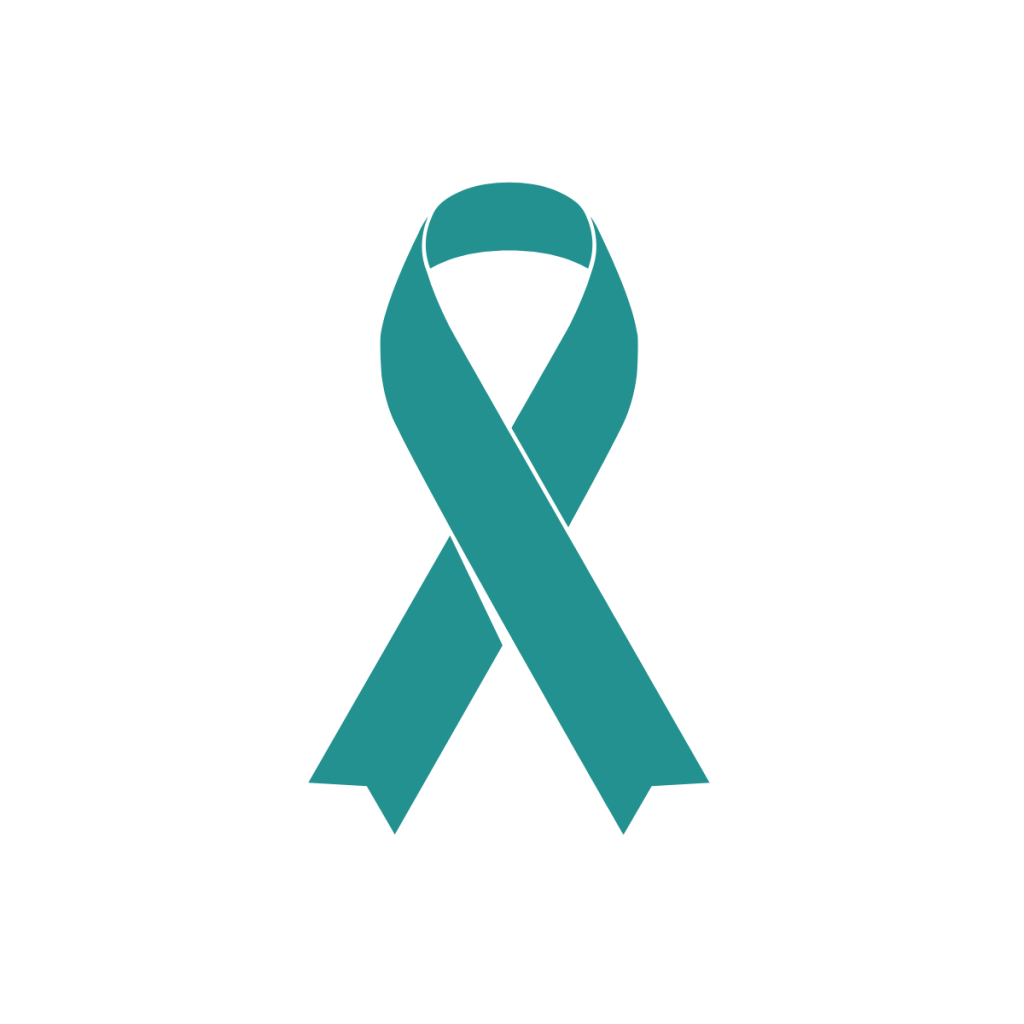 The International Training and Education Center for Health (I-TECH) is proud to support today’s launch of the World Health Organization (WHO) Global Strategy to Accelerate the Elimination of Cervical Cancer. I-TECH has supported interventions for education, testing, and treatment of cervical cancer since 2014.
The International Training and Education Center for Health (I-TECH) is proud to support today’s launch of the World Health Organization (WHO) Global Strategy to Accelerate the Elimination of Cervical Cancer. I-TECH has supported interventions for education, testing, and treatment of cervical cancer since 2014.
In Namibia, I-TECH currently supports screening and treatment at 31 health facilities and 11 outreach sites in seven regions. As of August 2020, the program had performed more than 14,000 screenings and 1,700 treatment procedures for HIV-positive women.
The Namibia team has also launched a campaign to raise awareness of the importance of screening for and treatment of cervical pre-cancer in women aged 20–49. The campaign has been crucial during the COVID-19 pandemic, as patients may be less likely to visit their health care provider for preventive care, including cervical cancer screening and treatment.
I-TECH’s network partner in Botswana, the Botswana Training and Education Center for Health (B-TECH), will soon begin work on a national cervical cancer and treatment program, focused on women living with HIV. Activities will include providing quality routine cervical cancer screening and treatment for all eligible women living with HIV at high-volume ART sites in 12 districts, as well as raising awareness among this population.
B-TECH — in conjunction with I-TECH, University of Botswana, and the National Cervical Cancer Prevention Program (NCCPP) — will align national screening and treatment guidelines with WHO standards to ensure sustainability. B-TECH will also work closely with National Laboratories to increase capacity for quality cervical cancer screening services.
Dr. Linda Eckert, UW Professor of Obstetrics & Gynecology as well as Global Health, is lead coordinator for updating WHO recommendations on cervical cancer screening and treatment and serves as technical advisor to I-TECH in this work in Namibia and Botswana. She notes that the time has come for the WHO strategy.
“The WHO’s Cervical Cancer Elimination Strategy will literally save millions of women’s lives around the globe,” says Dr. Eckert. “Each year, over 300,000 women die of cervical cancer, and the number of deaths is projected to increase by over 20% in the next decade.
“Almost all cervical cancer can be prevented—making these deaths even more tragic,” she continues. “This is the first time WHO has launched a cancer elimination strategy, calling on the global community who care for women to say ‘enough’ to cervical cancer, ‘enough’ to these preventable deaths.”